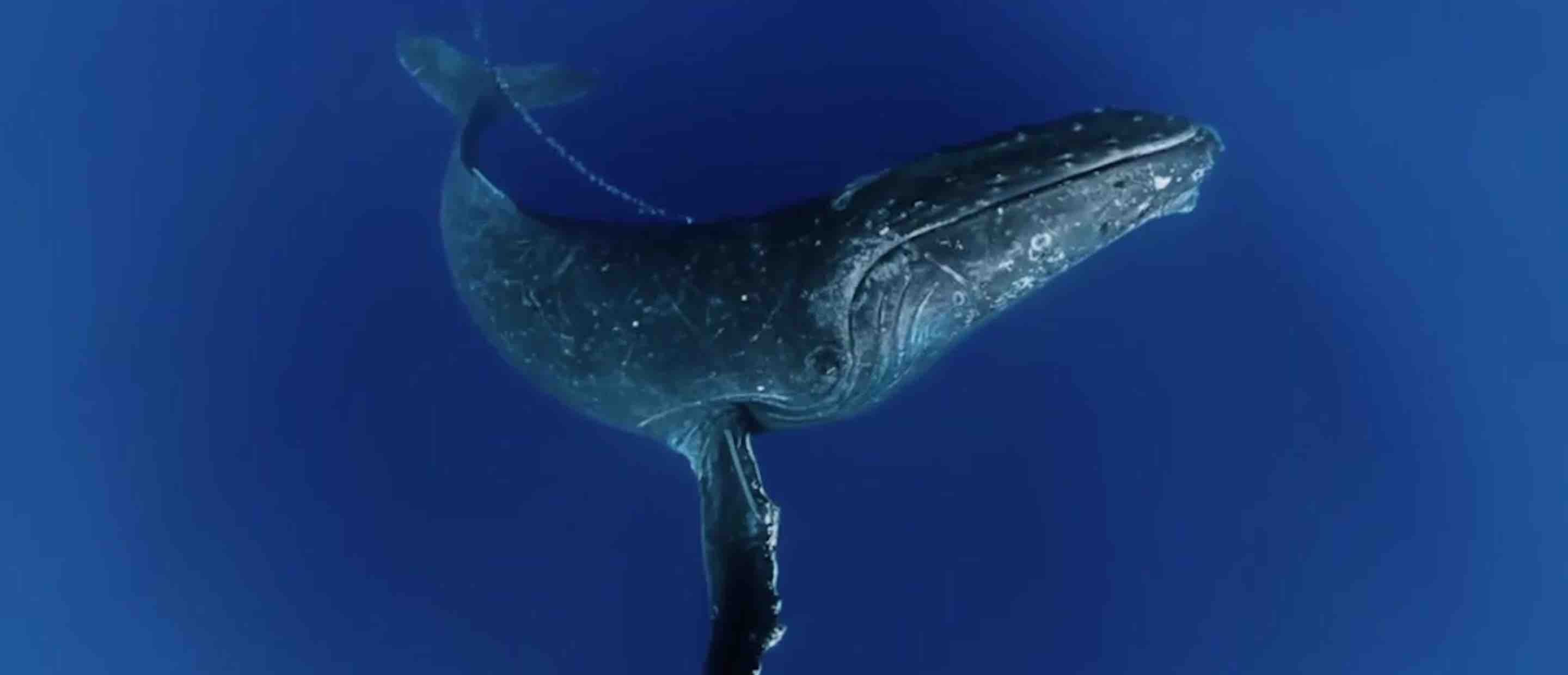Marine biodiversity is at risk. As investors, we need to pay attention to factors like this because a healthy economy needs a healthy environment. And that includes a healthy ocean.
Despite mankind's long involvement with the ocean, we still know remarkably little about it. One estimate asserts that 90% of species under the sea have yet to be discovered1.
In this report, we describe initial findings from a research project we initiated with some of our partners to monitor ocean biodiversity. Using environmental DNA (eDNA) techniques, we analysed ocean water samples collected in Bermuda and New York and were able to monitor the local level of biodiversity in those parts of our ocean.
With eDNA we have a powerful technology for measuring life below water and checking the health of marine habitats. Already with this project we have had some interesting results: In Bermuda, we have detected endangered species, like the hogfish, that give us signs of hope; and we have detected invasive species, for example the lionfish, that give us warnings about ocean health. We have also detected eDNA of humpback whales in areas where they have not been previously reported and eDNA of shore-dwelling mammals such as beavers continuing to reestablish themselves in areas where previously had been absent for centuries.
To learn more about our project and partners, please see our video below.





.webp)


